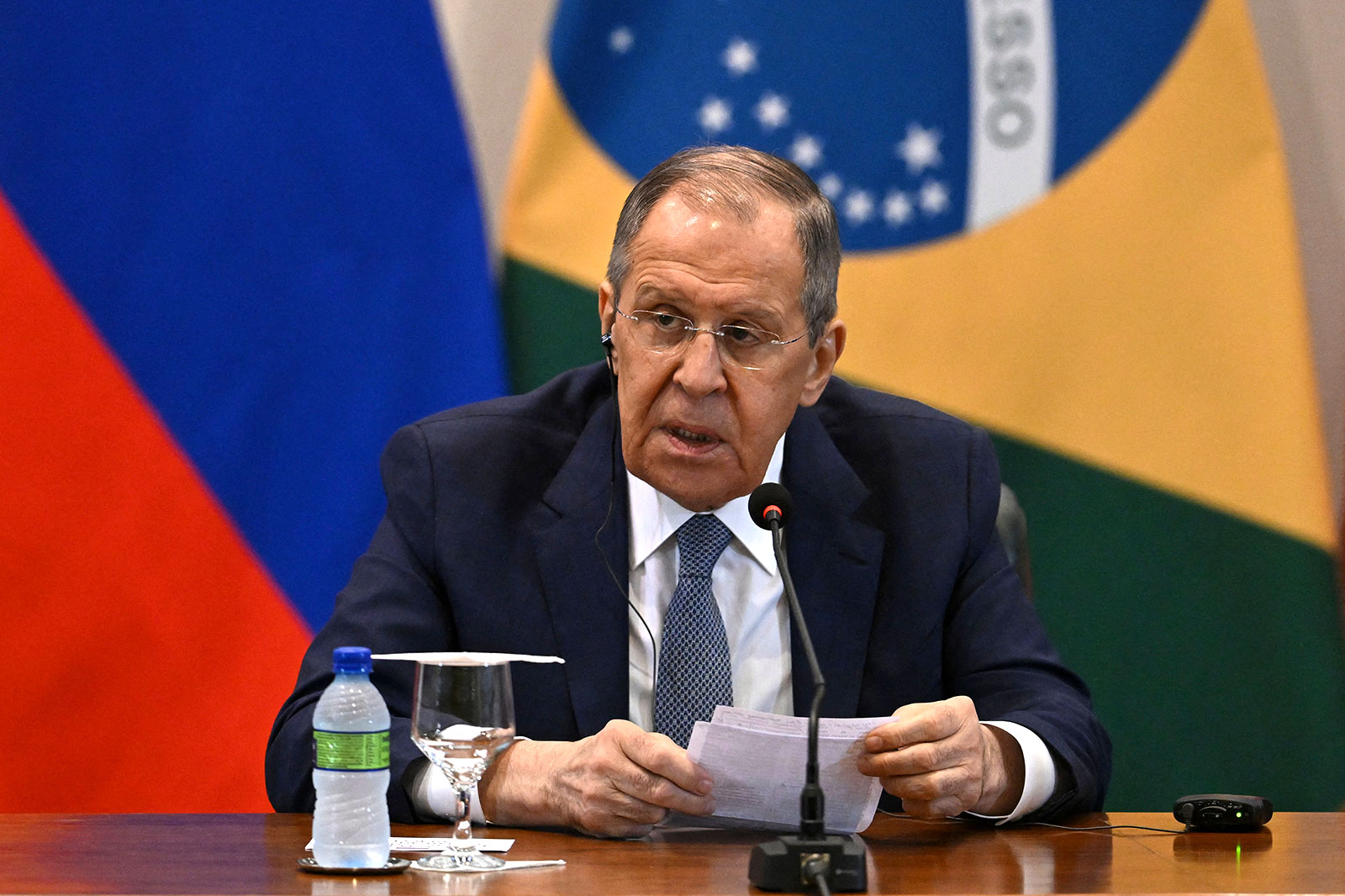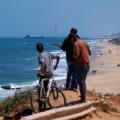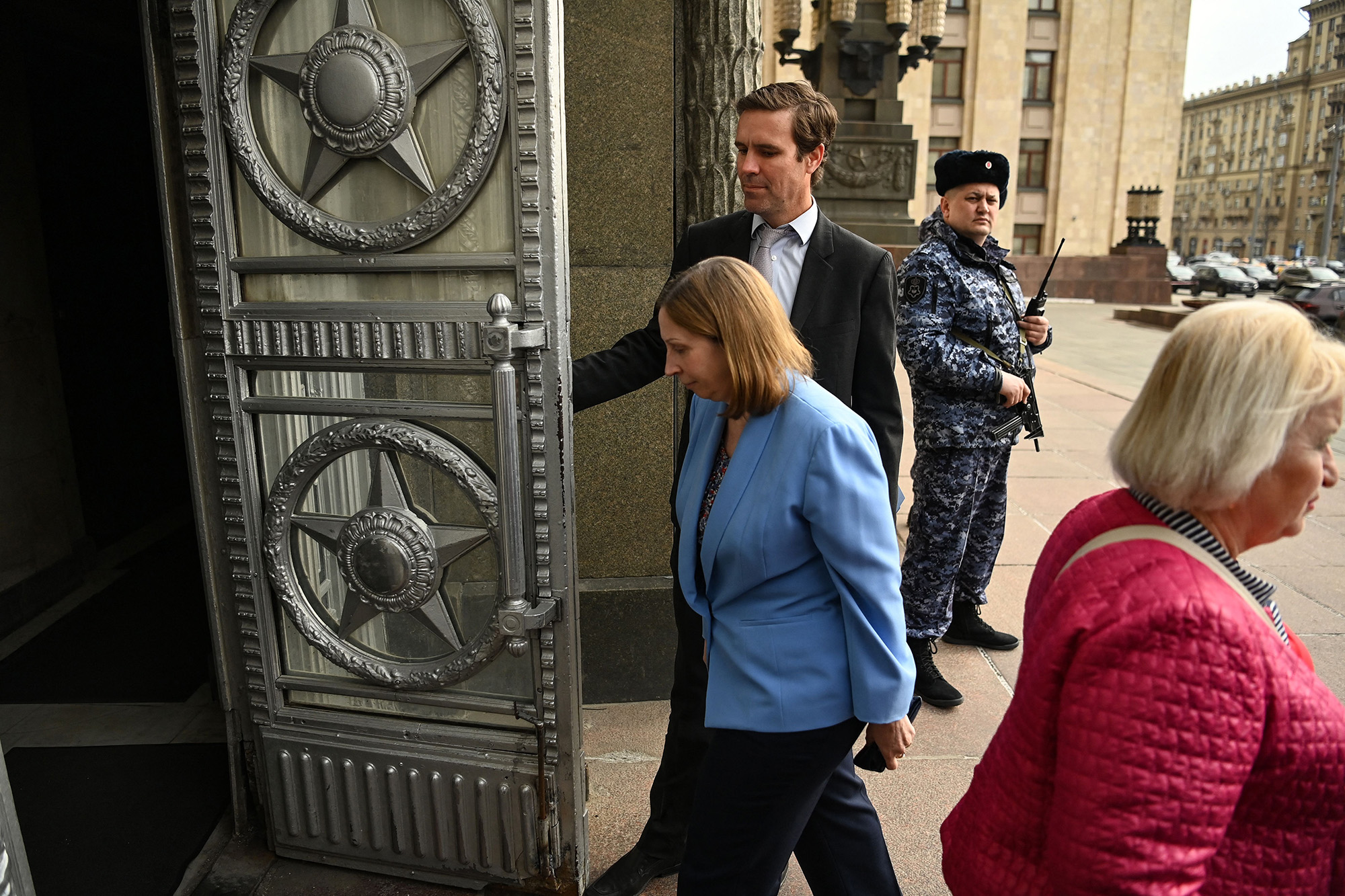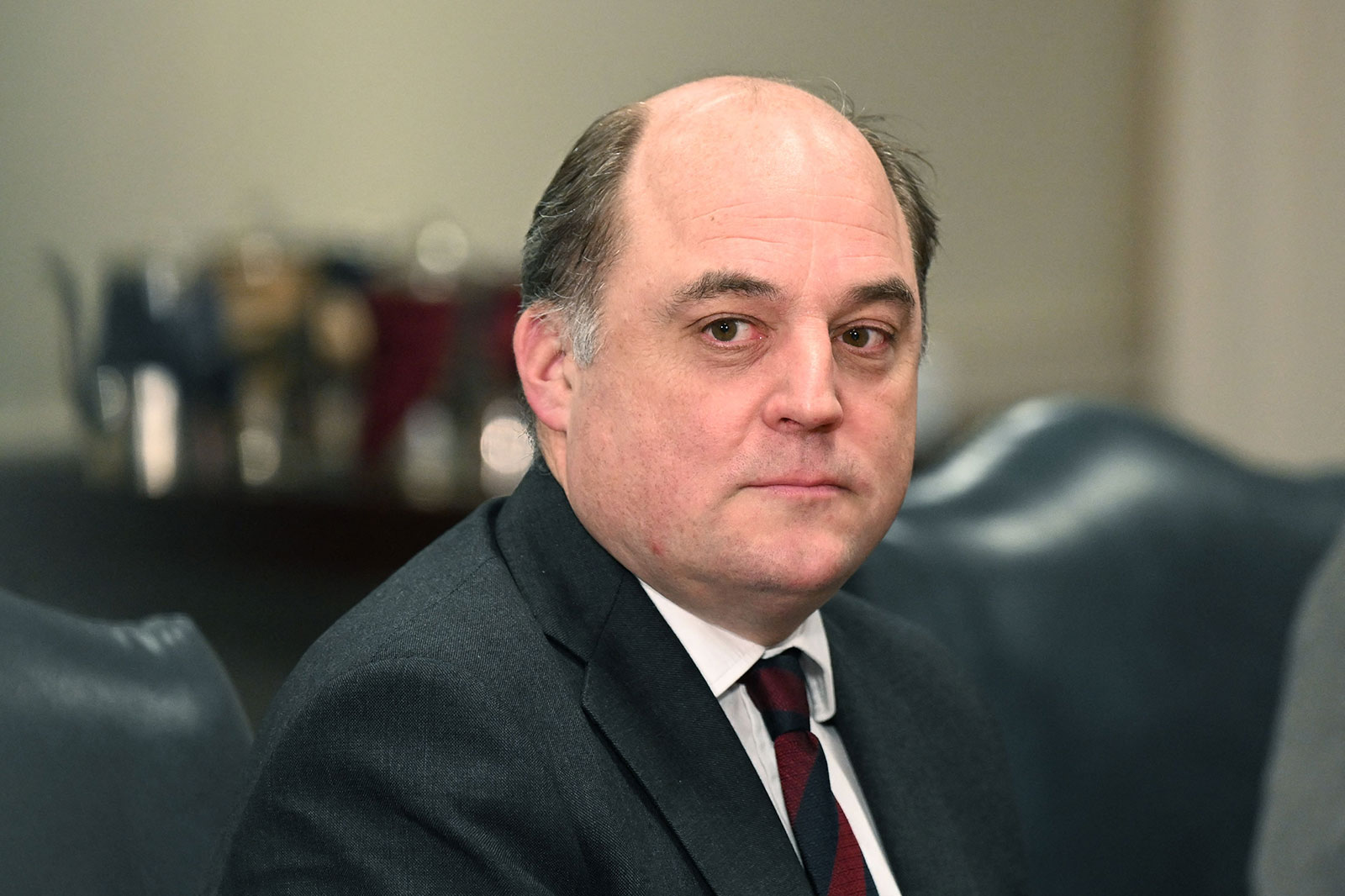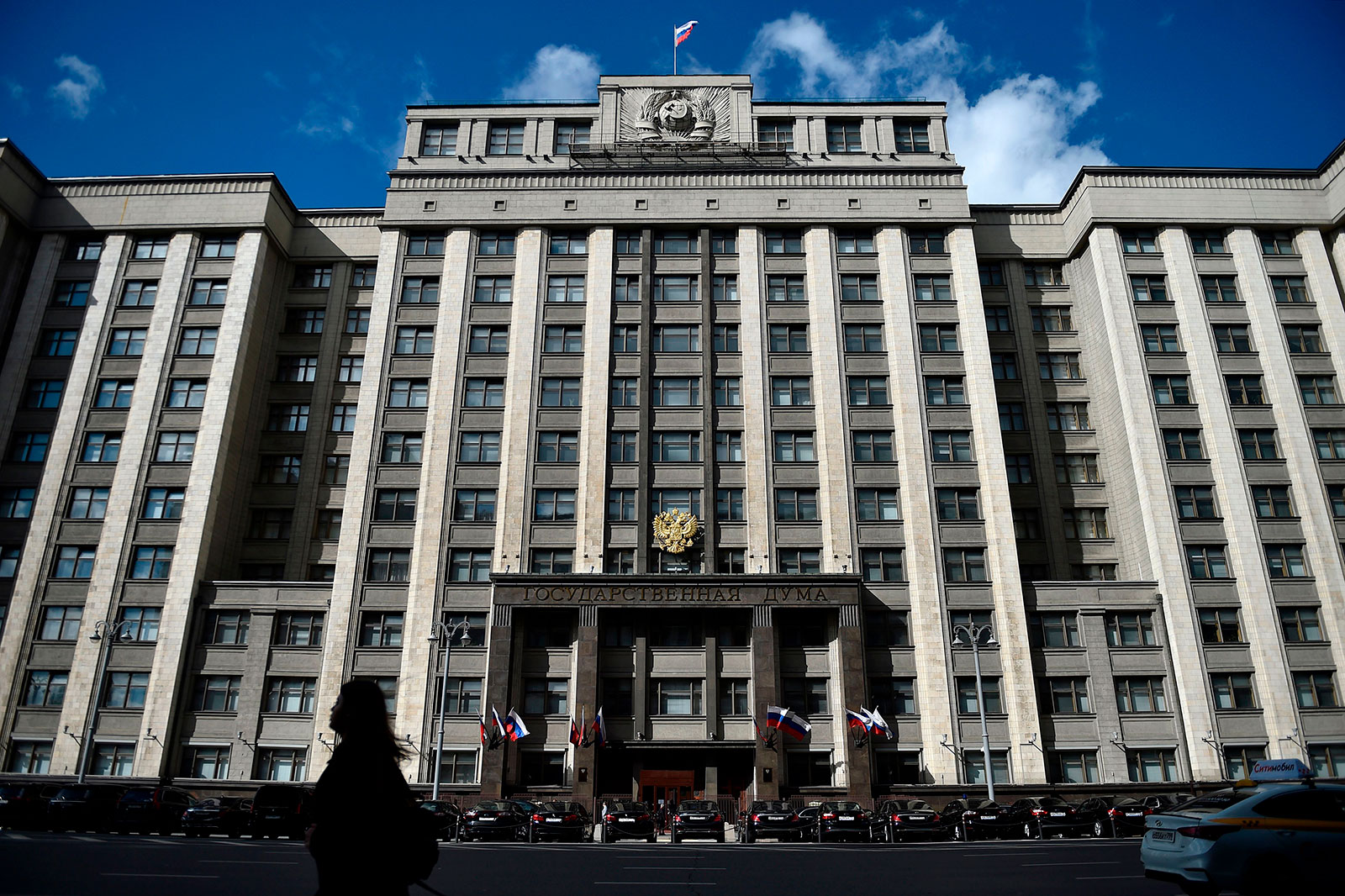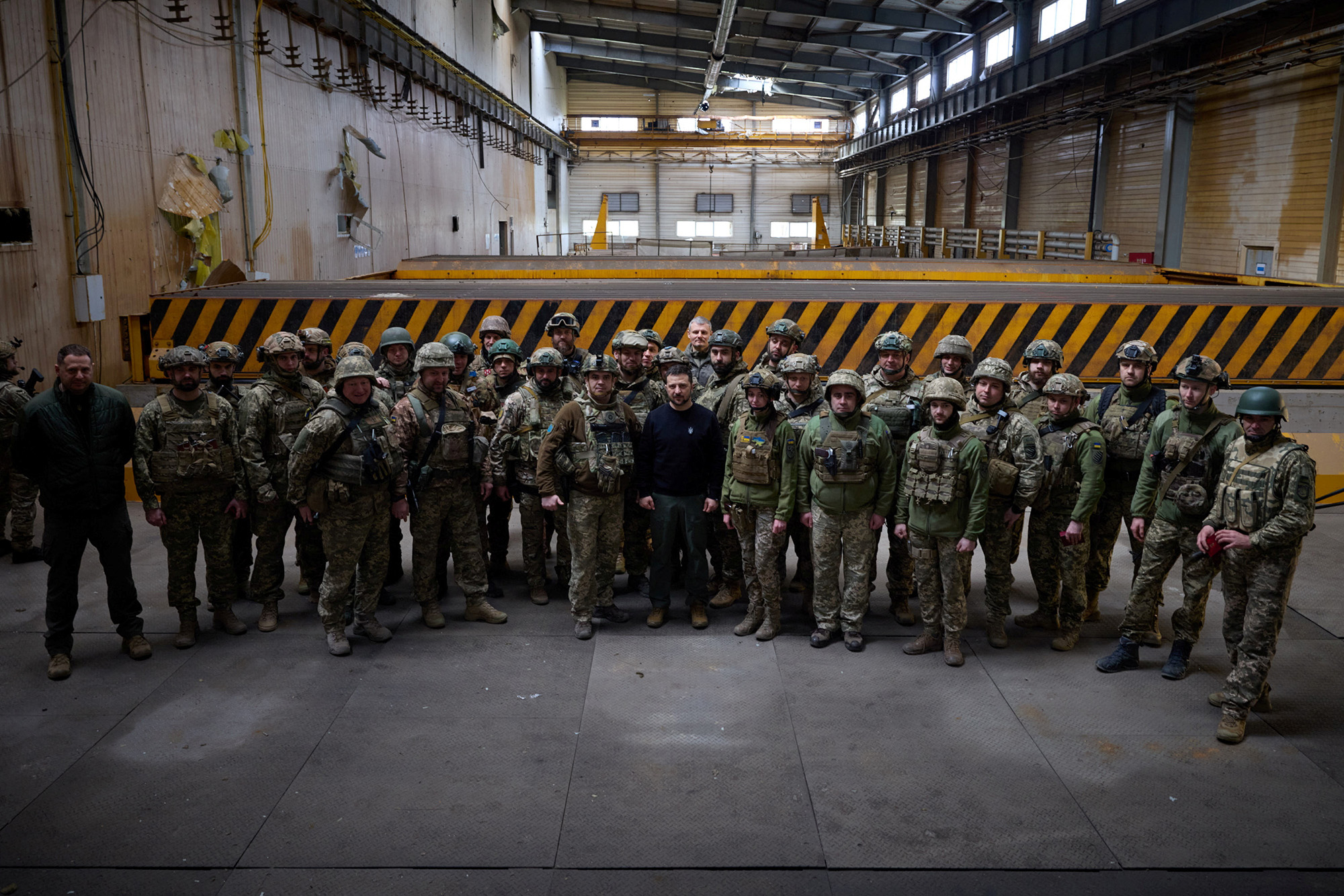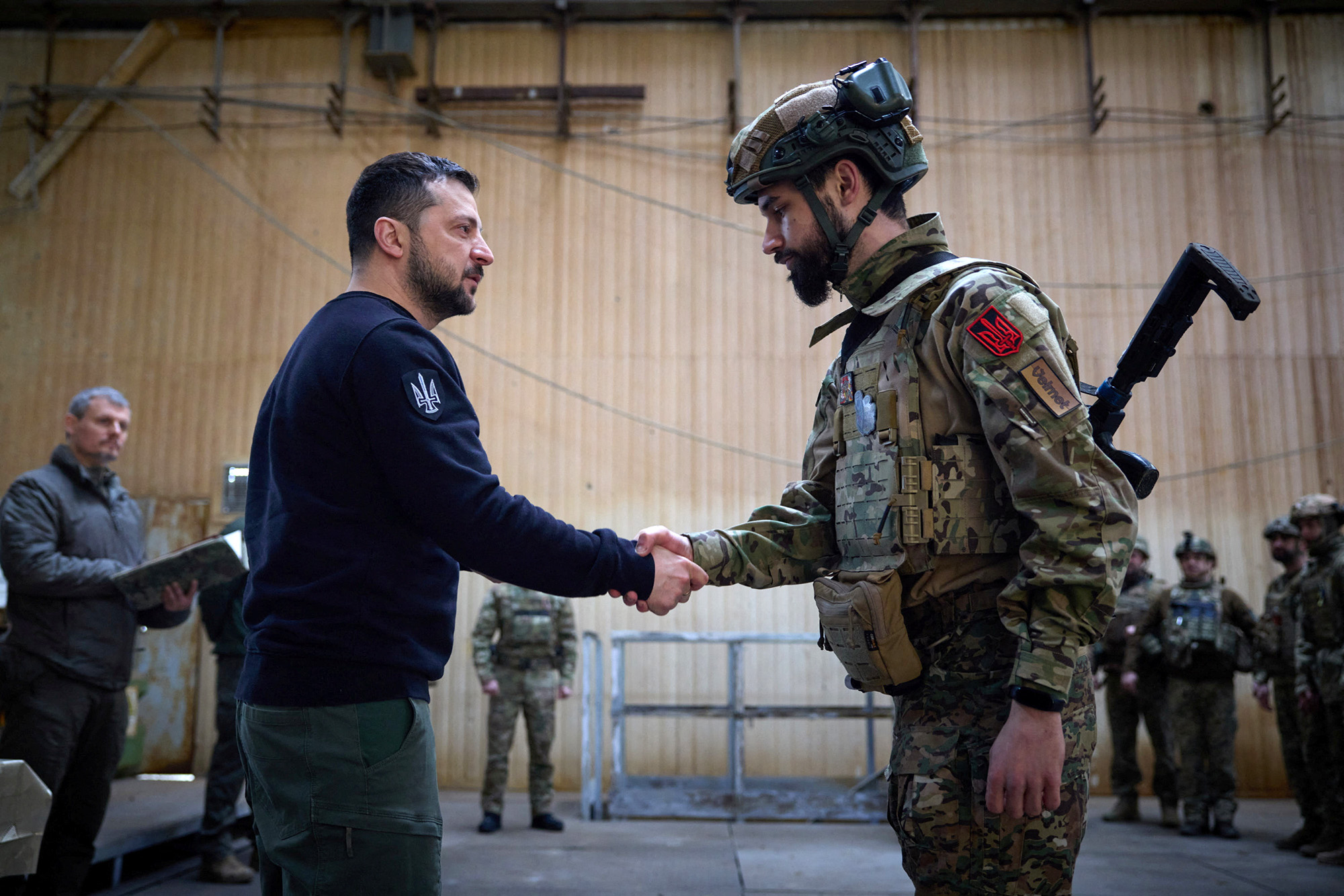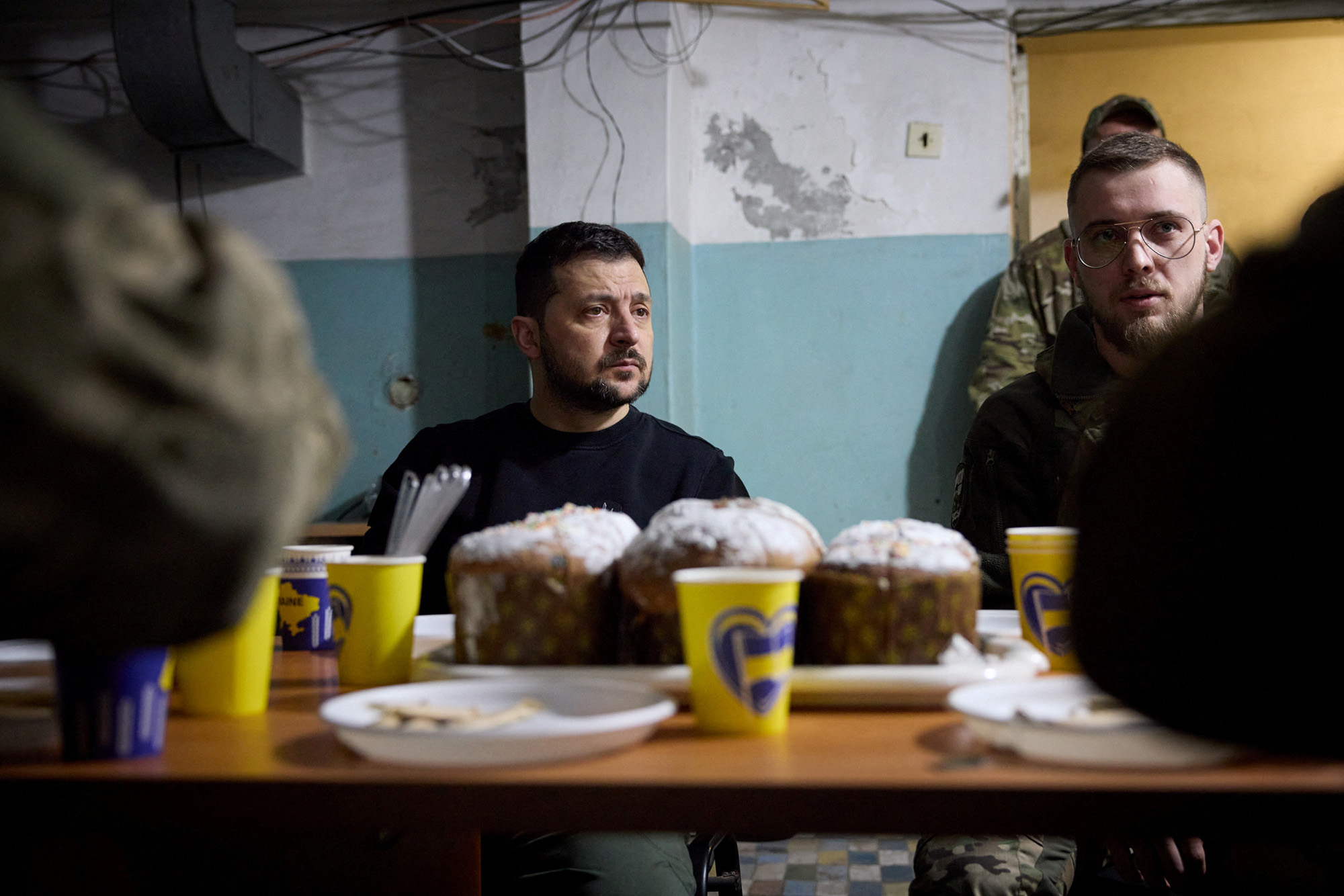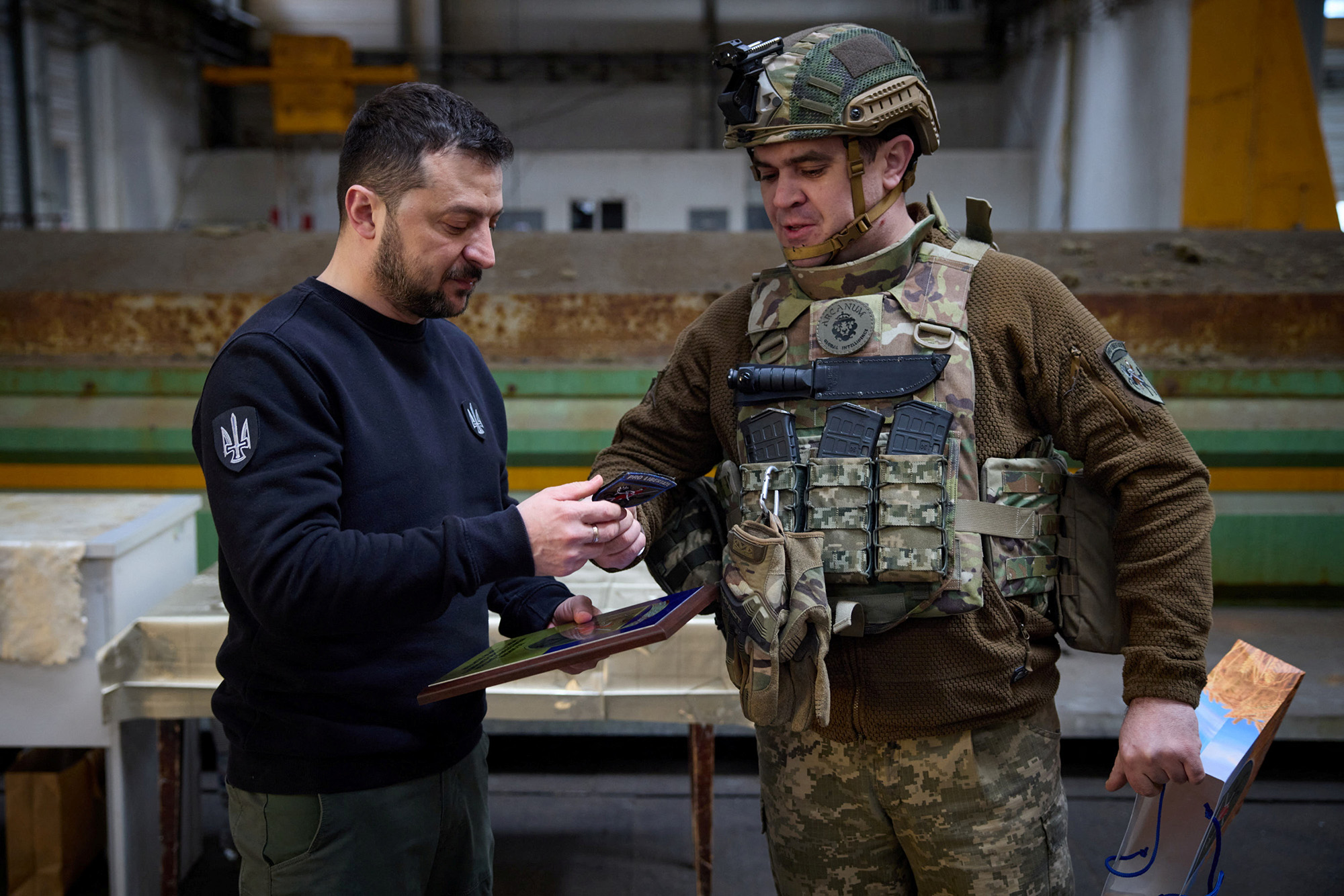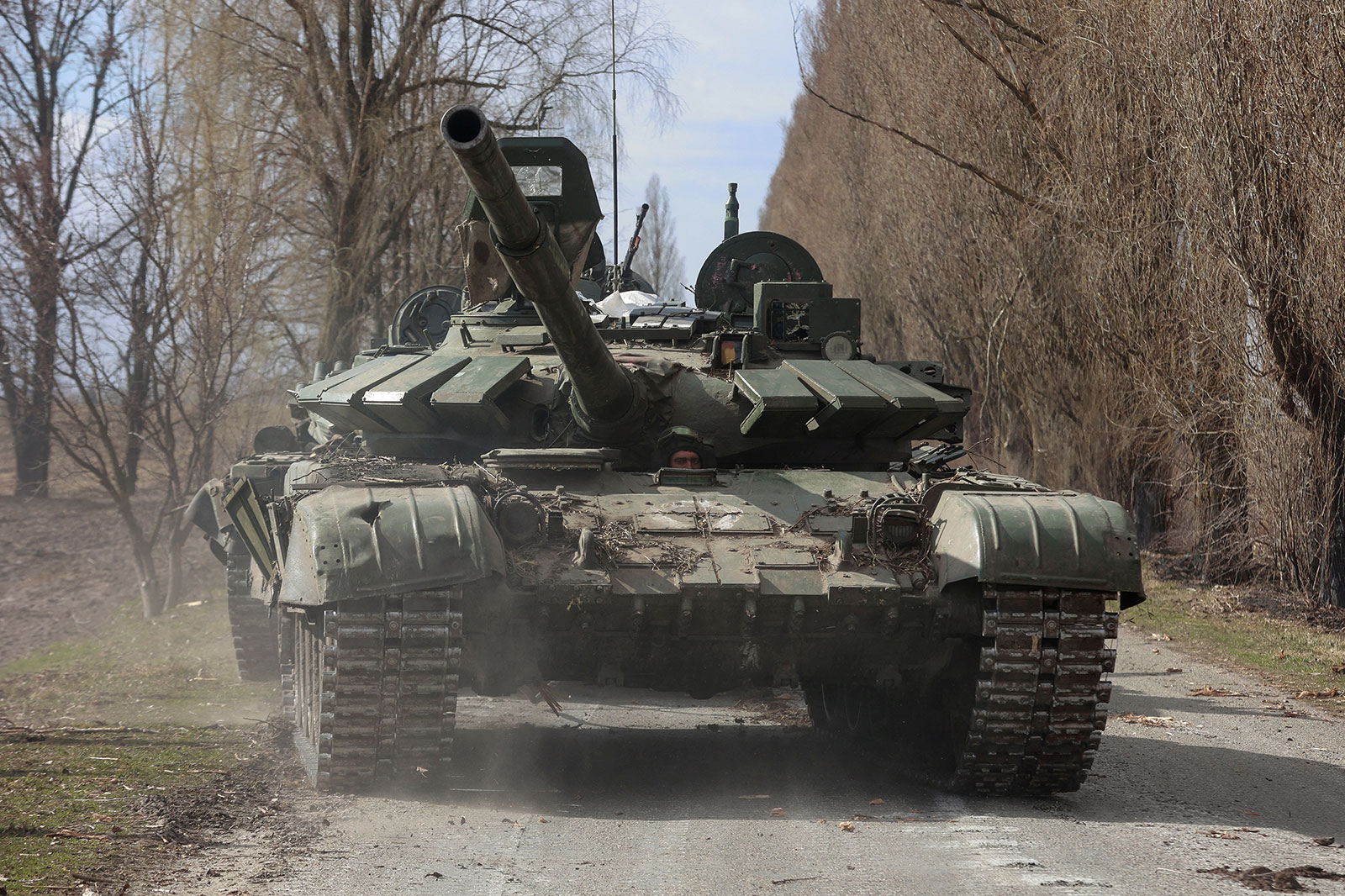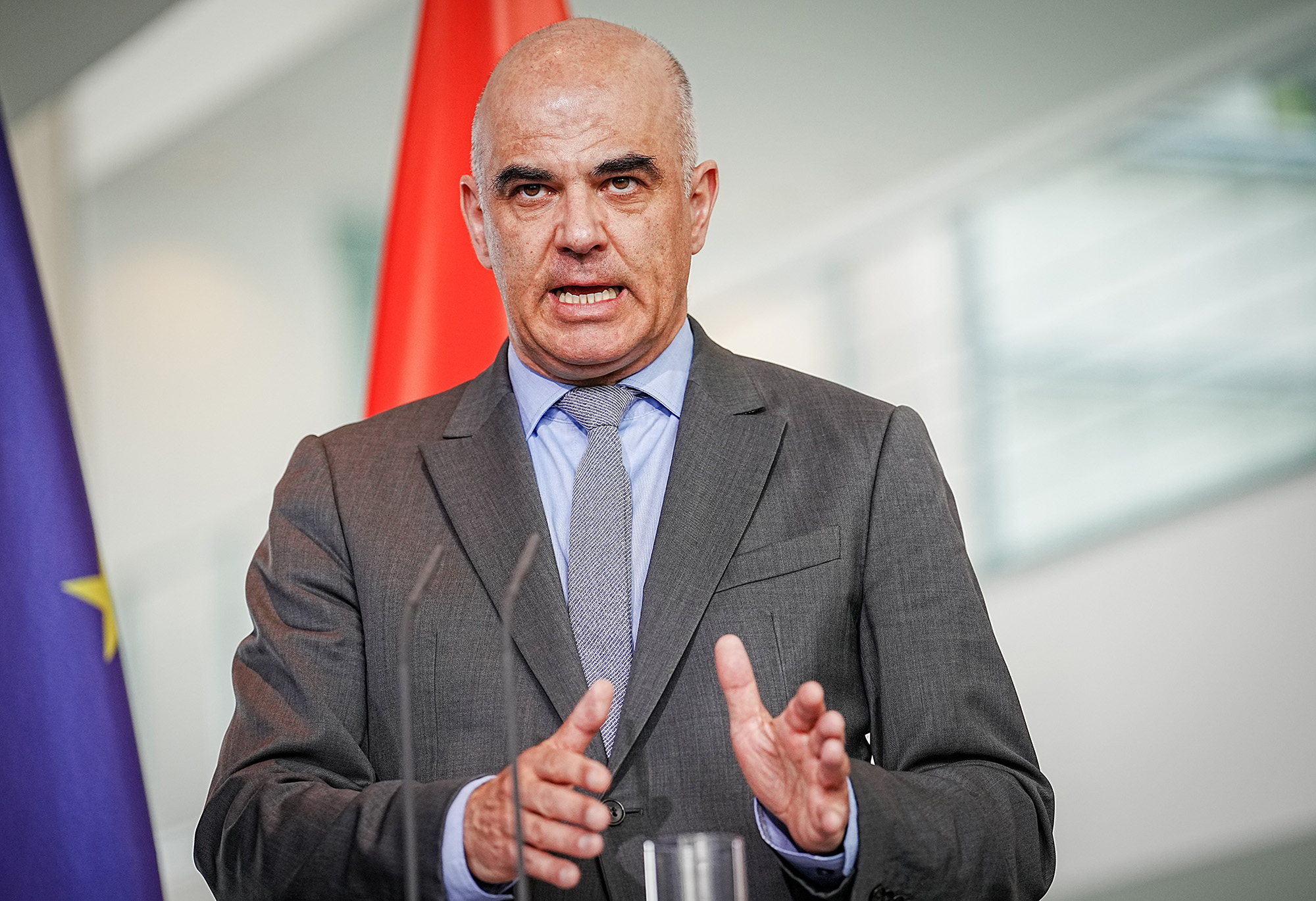The US has sensitive nuclear technology at a nuclear power plant inside Ukraine, and is warning Russia not to touch it, according to a letter the US Department of Energy sent to Russia’s state-owned nuclear energy firm Rosatom last month.
In the letter, which was reviewed by CNN and is dated March 17, 2023, the director of the Energy Department’s Office of Nonproliferation Policy, Andrea Ferkile, tells Rosatom’s director general that the Zaporizhzhia Nuclear Power Plant in Enerhodar, Ukraine “contains US-origin nuclear technical data that is export-controlled by the United States Government.”
Goods, software and technology are subject to US export controls when it is possible for them to be used in a way that undermines US national security interests.
The Energy Department letter comes as Russian forces continue to control the plant, which is the largest nuclear power station in Europe and sits in a part of the Zaporizhzhia region that Russia occupied after its invasion of Ukraine last February. The plant has frequently been disconnected from Ukraine’s power grid due to intense Russian shelling in the area, raising fears across Europe of a nuclear accident.
While the plant is still physically operated by Ukrainian staff, Rosatom manages it. The Energy Department warned Rosatom in the letter that it is “unlawful” for any Russian citizens or entities to handle the US technology.
CNN has reached out to Rosatom for comment.
“It is unlawful under United States law for non-authorized persons, including, but not limited to, Russian citizens and Russian entities,” the letter says, “such as Rosatom and its subsidiaries, to knowingly and willfully access, possess, control, export, store, seize, review, re-export, ship, transfer, copy, manipulate such technology or technical data, or direct, or authorize others to do the same, without such Russian entities becoming authorized recipients by the Secretary of the US Department of Energy.”
It is not clear whether Rosatom has responded to the letter. The Energy Department’s National Nuclear Security Administration told CNN in a statement that the letter is authentic.
The letters were first reported by the news outlet RBC Ukraine.
“The Department of Energy’s National Nuclear Security Administration can confirm that the letter is legitimate,” said Shayela Hassan, the deputy director of public affairs for the National Nuclear Security Administration.
She added, “The Secretary of Energy has the statutory responsibility for authorizing the transfer of unclassified civilian nuclear technology and assistance to foreign atomic energy activities. DOE does not comment on regulatory activities.”
Another letter from Ferkile to the Energy Department’s Inspector General, reviewed by CNN and dated October 24, 2022, outlines the technology the US has exported to Ukraine for use in the Zaporizhzhia plant and reiterates that the department has “no record of any current authorization to transfer this technology and technical data to any Russian national or entity.”
The Energy Department’s Office of Nuclear Energy has been public about the US’ support for the plant, and stated on its website in June 2021 that “the United States helped implement new maintenance procedures and operations at the reactor that should ultimately strengthen energy security” in Ukraine.
Correction: This post incorrectly described the news outlet which first reported the letters. It was RBC Ukraine.
